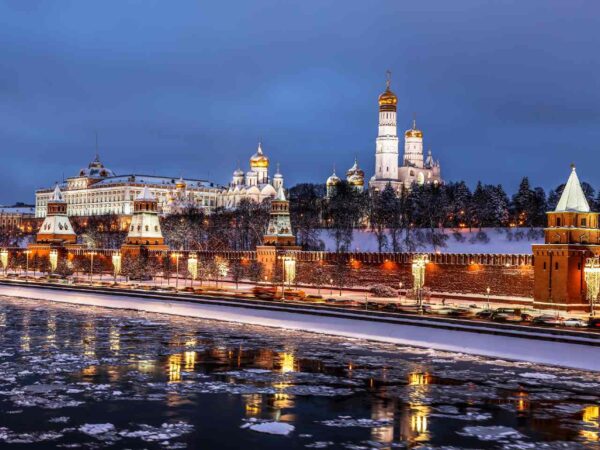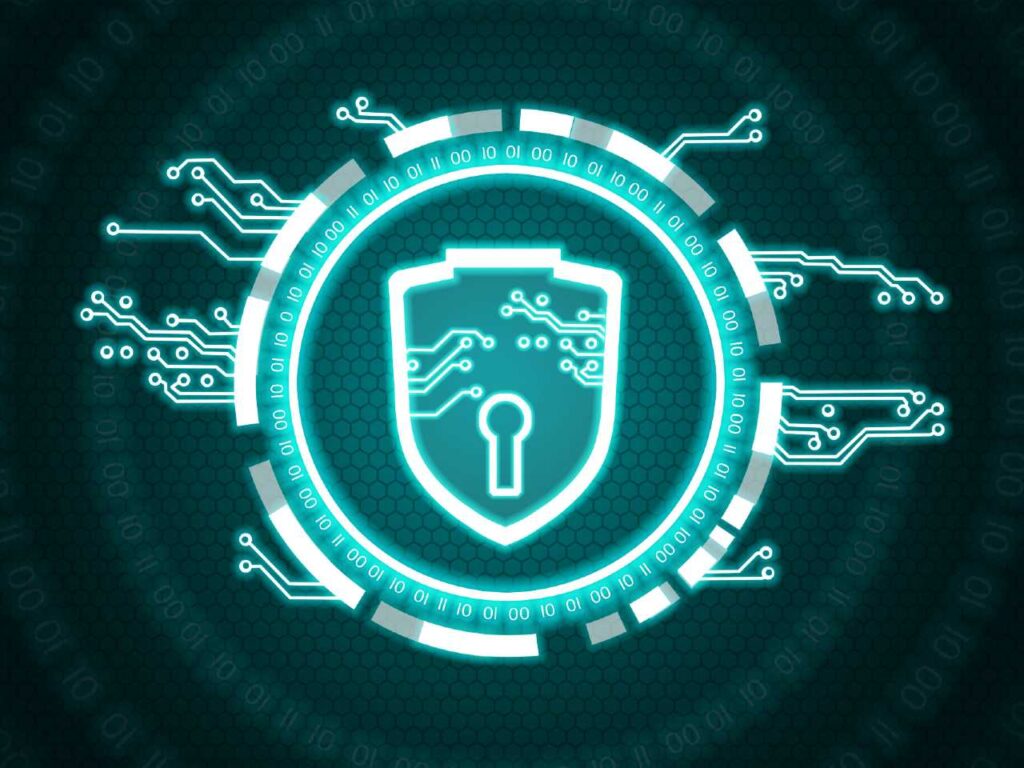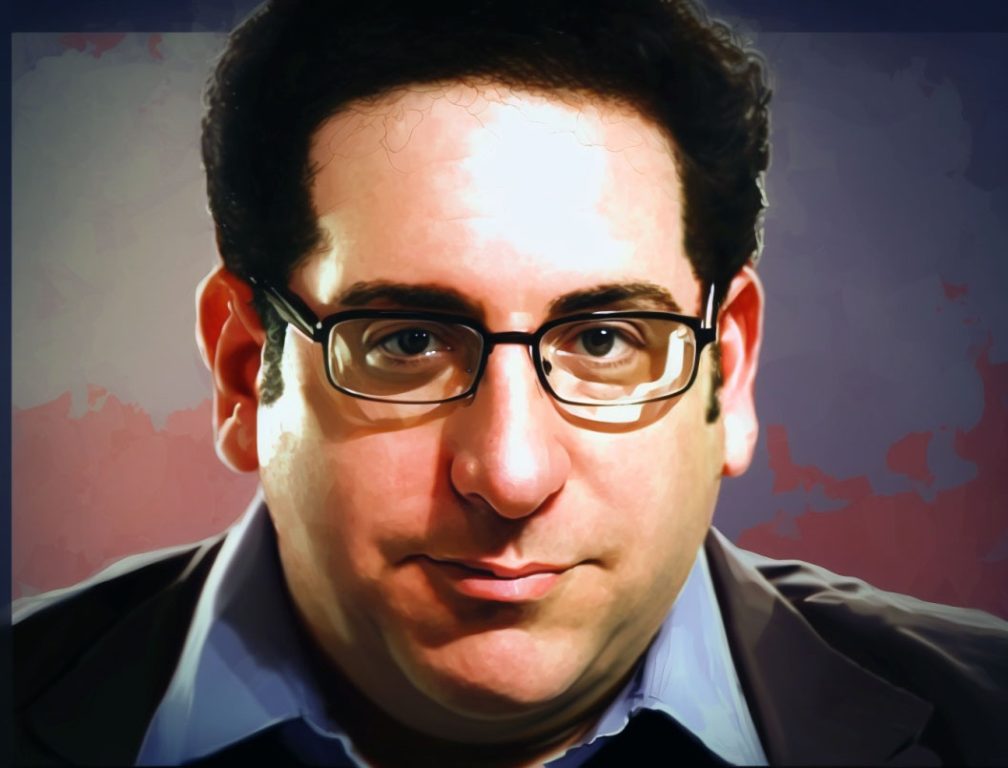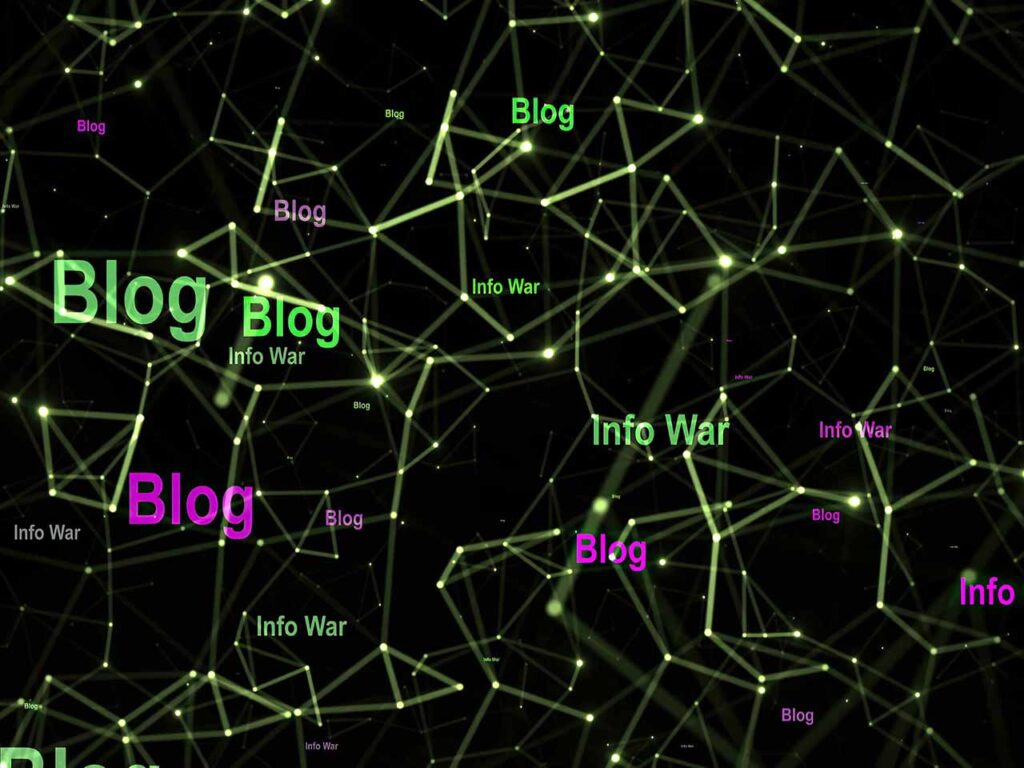Eugene Kaspersky is best known as two things: the founder of the antivirus company Kaspersky Lab and one of cybersecurity’s most controversial figures.
His malware-fighting prowess and his outspoken nature frequently land him in the headlines of international tech publications.
Stay One Step Ahead of Cyber Threats
But his company’s alleged ties to the Russian government make the news just as often — and rarely in a good way.
Eugene Kaspersky at a Glance
- Eugene Kaspersky’s childhood in the Soviet Union was spent obsessively studying math and technology, leading him to enroll in the KGB’s technical school at age 16.
- While working for the military, he encountered his first computer viruses and became fixated on writing programs to defeat them.
- His creation was, at the time, the world’s most powerful antivirus software, and he centered his post-military business around it.
- By 2000, Kaspersky Antivirus was used by millions of people in over 40 countries around the world, earning Kaspersky a reputation as a malware expert.
- Kaspersky helped to unravel the mysteries behind state-created cyberweapons like Stuxnet and Flame and worked with various governments to take down powerful hacking groups.
- Critics have accused Kaspersky of being in cahoots with the Russian government, using his antivirus software as a tool for espionage, and helping Russia carry out cyberattacks.
- Though Kaspersky maintains his neutrality and his software has been named the best in the business, the US has labeled his creation a threat to national security.
The Life of Eugene Kaspersky
Eugene Kaspersky’s Early Life

Born in the Soviet Union in 1965, Yevgeny “Eugene” Valentinovich Kaspersky grew up near Moscow. The child of an engineer and an archivist, he displayed an early talent for STEM and spent his free time reading math books.
After winning a math competition at 13, Kaspersky enrolled at a math-oriented boarding school run by Moscow University. His success there drew the attention of the KGB, which invited him to attend the Technical Faculty of the KGB Higher School when he was 16.
The Technical Faculty trained its students to become cryptologists, computer scientists, and mathematicians for the KGB and Russian military. Kaspersky’s path of study was mathematical engineering and computer technology, and he completed his studies in 1987.
Now 21 years old, Kaspersky began his career as a software engineer at the Soviet Ministry of Defence’s Research and Development Institute.
Kaspersky’s First Virus
At the Ministry of Defence, Kaspersky found himself dealing with a new type of threat: computer viruses.
One morning in 1989, he arrived at work only to find his computer unusable. The letters on his screen were cascading down to the bottom, where they rested in a useless pile.
It was the work of the Cascade virus, one of the earliest widespread pieces of malware. Intrigued, Kaspersky set about dismantling the virus, seeing how it worked, and creating a program to disable it.
Each time a new virus popped up, Kaspersky was eager to analyze and defeat it. He soon developed a reputation among friends and coworkers for his virus-destroying software, which over time, grew capable of removing 40 different viruses.
After being released from military service in 1991, Kaspersky took a job with KAMI, a private company that gave him the space and time to work exclusively on his antivirus software.
The following year, KAMI released Kaspersky’s software under the name Antiviral Toolkit Pro (AVP). Its reach was confined mainly to Ukraine and Russia, but what the rest of the world didn’t realize was that it could detect more viruses than any other antivirus software.
In 1994, AVP reached a larger audience when Germany’s Hamburg University released its comparative analysis of antivirus software. AVP took first place, and soon companies in western Europe and America were clamoring to get their hands on it.
Kaspersky Lab Forms

Kaspersky’s then-wife, Natalya, urged him to take his creation to the next level by starting his own company. In 1997, they formed Kaspersky Lab, with Natalya serving as CEO and Eugene leading the research department.
Almost immediately, the company attracted both positive and negative attention. Many prominent viruses had origins in former Soviet states, and western critics theorized that Kaspersky was in cahoots with the cybercriminals who created them.
But Kaspersky was vocal about the looming threat of cyberwarfare — and the need for the world to transcend borders and unite against it. He put his money where his mouth was by positioning himself on the frontlines of the ever-evolving battle against malware.
In 1998, the highly destructive CIH virus appeared. Capable of wiping entire systems, the virus quickly spread to millions of computers, and Kaspersky wasted no time updating his software to defeat it.
He succeeded where no other antivirus company could — for around three weeks, Kaspersky’s software was the only one in the world that could remove CIH. This drew in a massive influx of new users and cemented Kaspersky’s global reputation as a malware expert.
By 2000, Kaspersky Lab’s revenue had increased 280%, with 60% of its total revenue coming from international customers. That year, AVP was renamed to Kaspersky Antivirus.
Kaspersky’s Big Discoveries
Throughout the 2000s, Kaspersky Lab opened offices around the world, including in China, Poland, the UK, Germany, Japan, France, and the US. Kaspersky himself took over the company as CEO in 2007.
Over the past decade, viruses had grown incredibly complex and destructive and were now being used by governments to conduct cyberwarfare. Kaspersky Lab had a department dedicated to helping governments investigate cybersecurity threats, and the company also conducted its own research into these new cyberweapons.
In 2010, the Stuxnet worm was discovered to be behind numerous attacks on Iranian nuclear power stations. Kaspersky analyzed the worm and concluded that it must have been created by or with the assistance of a powerful nation-state, then hired Sergey Ulasen, the researcher who discovered the worm.
Two years later, the UN came knocking at Kaspersky’s door, asking for help identifying a virus that was wreaking havoc on the Iranian Oil Ministry. He named the virus Flame and, after analyzing it, concluded that it was likely created by the same governments that created Stuxnet.
While these discoveries bolstered Kaspersky’s reputation as a virus expert, the inner workings of his company were generating more negative headlines.
Kaspersky’s Big Controversies
Critics noted that Kaspersky Lab was employing more and more former employees of Russia’s military and intelligence agencies. This, the critics said, was evidence that Kaspersky was assisting the Russian government, perhaps installing backdoors in his software that the FSB (formerly the KGB) could use for espionage.
Also of note was the fact that Kaspersky Lab seemed uninterested in investigating Russian cyberattacks, either downplaying their significance or ignoring them completely.
As further evidence of Kaspersky’s corruption, critics pointed out that very few people were allowed to become rich in Russia, so Kaspersky must be offering the government something in order to maintain his net worth, which reached $1 billion in 2015. Either Russia was directly controlling Kaspersky Lab or the company was voluntarily doing the government’s bidding for it.
Kaspersky vehemently denied these accusations, saying that it was common for companies around the world to hire former government and military members — they represented the best of the best minds. He also noted several occasions where he was the first to break the news about Russia-based cybercrime, including the takedown of the Russian hacking group Poseidon.
As for the government ties, Kaspersky maintained that his software had been audited many times, and no backdoors or other indications of compromise were ever found. He said that he cooperates with the Russian government in the same way that he cooperates with every other country’s government: only as required, only when necessary.
Investigations and New Ideas

The US didn’t buy Kaspersky’s claims that his nationality had no influence on his business. In 2017, the NSA and FBI began investigating Kaspersky Antivirus and tracking Kaspersky himself.
Kaspersky continued to deny any ties to the Russian government, calling the accusations “conspiracy theories” and theorizing that the US had a political vendetta against him and his software. He had, after all, identified multiple cyber threats believed to be created by the US government — and publicized them as such.
His efforts, however, were in vain: that year, Kaspersky software was officially banned on all government devices.
In 2022, Kaspersky’s American business was dealt another blow. The FCC declared that Kaspersky software was a threat to national security and advised American companies to stop using it.
But that hasn’t stopped Kaspersky Antivirus from consistently earning top marks from antivirus testing labs, as well as high praise in numerous tech publications. It boasts a perfect score from the prestigious AV-Test Institute and SE Labs.
Meanwhile, Kaspersky himself is still waging his personal war against cybercrime.
As one might expect, his idea for stopping it has proven controversial: an “internet passport” tied to your real identity, required in order to use most websites and easily traceable by law enforcement. Anonymity and anarchy, he says, will spell the downfall of the internet — and quite possibly society itself.
Whether Kaspersky’s vision of a regulated internet comes to fruition remains to be seen. What’s certain, though, is that he won’t rest until the world embraces true cybersecurity, whatever form that may take.
Eugene Kaspersky: Malevolent or Misunderstood?
Eugene Kaspersky exists as a paradox: the creator of one of the world’s best antivirus programs, potentially beholden to an invasive and dangerous government.
Kaspersky Lab’s tireless investigations into the newest malware have made enemies out of cybercriminals, both independent and state-sanctioned — and made the rest of us a lot safer.
Whether you consider him an anti-cybercrime superhero or an authoritarian-controlled puppet, one thing is certain: few have left such a lasting mark on cybersecurity as Eugene Kaspersky.
Eugene Kaspersky Addresses the Allegations against Kaspersky Lab (Video)
"Amateurs hack systems, professionals hack people."
-- Bruce Schneier, a renown computer security professional






